The challenge for managers of multi-cultural teams is to build an atmosphere of camaraderie, mutual respect, effective communication, and productivity despite differing worldviews and physical environments. In essence, as a manager or team leader, you must take a disparate group of people and cultures, and developing culture that is a culmination of the best of each culture and strength but the individual team members bring with them.
Leaders can facilitate building a team culture by doing the following:
Providing Resources for periodic one-on-one meetings.
If the project is going to last for more than a year or is highly complex, budget for periodic one-on-one meetings For at least the functional leads. In addition, the project manager should plan to visit each of the other locations at least once during the project.
Facilitate an open discussion about being expectations.
During the initial meeting, after some teambuilding time, ask team members what kind of team they want to be and what they want the work environment to be like. This helps identify what the team member expects from themselves, each other, and you. Encourage team members to speak freely by using active listening and by incorporating suggestions into the team guidelines.
Be explicit with rules and expectations.
One challenge to working with other cultures is that the rules are generally implicit; that is, “everyone knows to do X, not Y.” however, in multicultural teams, behavior X might not be the same in situations why for everyone. For example, the importance of being on time varies from culture to culture, as do many other aspects of doing business. Making these expectations explicit in the beginning helps to alleviate potential conflicts.
Encourage social interactions.
People tend to be more productive when they feel a connection to their teammates. Fun, social interaction builds that connection and encourages proactive communication with other team members. Such interactions can range from checking in at the beginning of a meeting to an offsite team-building event. Be creative. One team we know, always collected souvenirs when traveling and send them to team members.
Be proactive.
The biggest complaint in post-project evaluations is communication. It is impossible to over-communicate. Follow conversations with an email summarizing agreements and action items, and ask recipients to confirm his or her understanding. Identify potential challenges and opportunities, and plan as a team for the possibilities. Check-in regularly with the team because they do so helps maintain the team connection and keeps remote team members from feeling isolated. Random acts of kindness for members of the team will also help.
Recognize both team and individual efforts.
Recognizing a job well done is an important aspect of team leadership. It is important to provide recognition thoughtfully and carefully. The old adage “to praise in public, chastise in private,” becomes more important in virtual and multicultural teams. Be sure, when you recognize the efforts, that you shouldn’t leave everyone who participated in the activity for which the reward is being given. Leaving someone out even inadvertently will cause more problems than not giving recognition at all. Be careful how you recognize individual team members. You do not want to set up a competition between members. Whatever you do, do not cost one of your team members to lose face, especially in a public situation. If you have an issue with someone, discuss it privately, as you would do in a co-located space.
Provide a centralized collaboration tool for the team.
Place team-related projects and communications in a single collaboration/communication tool for everyone to access and interact. This will establish a common virtual space for everyone in the team.
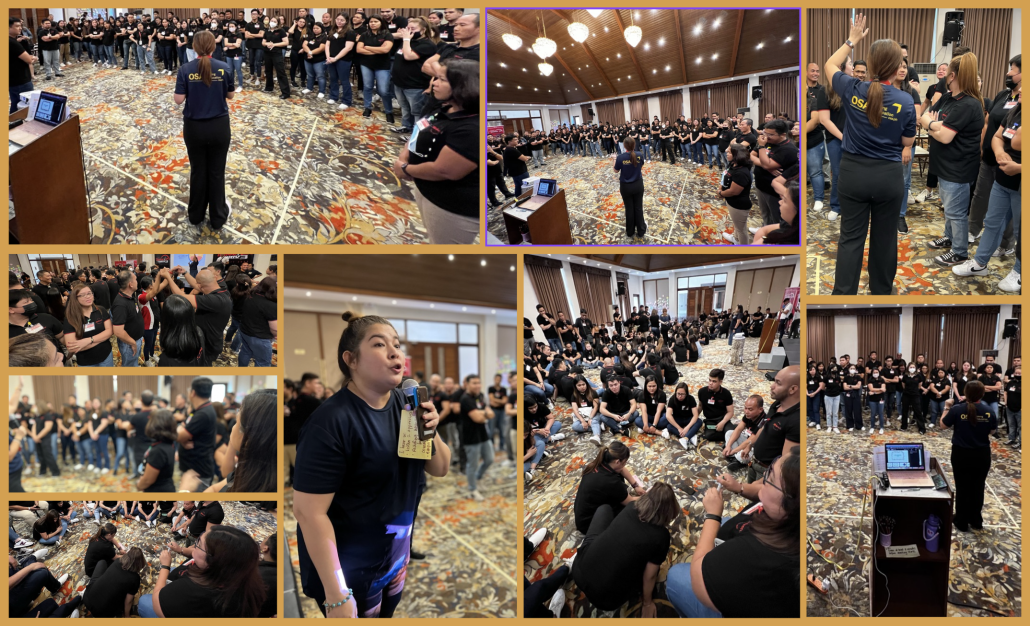
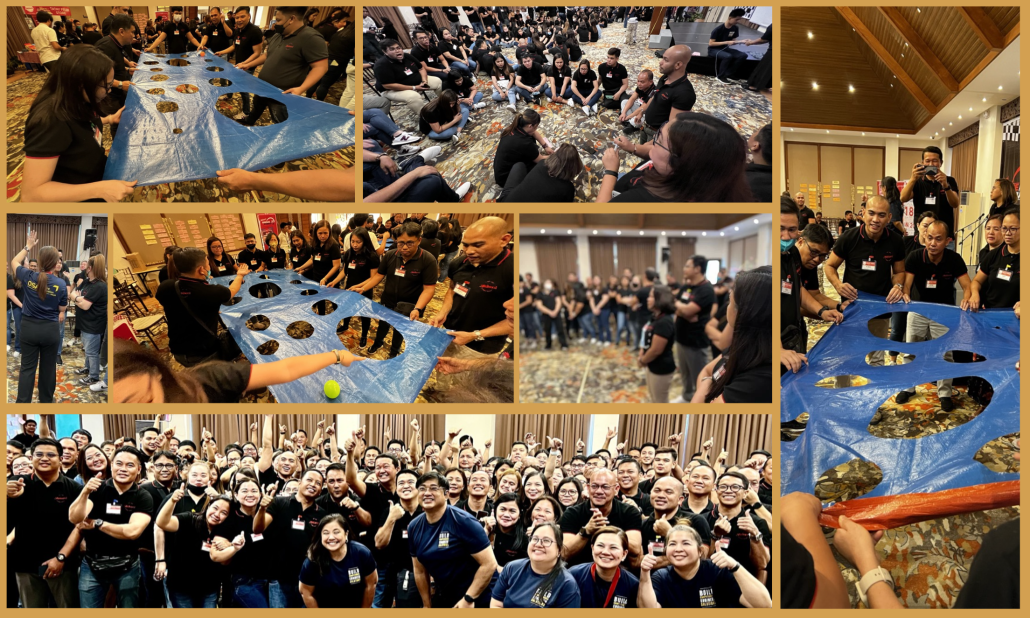
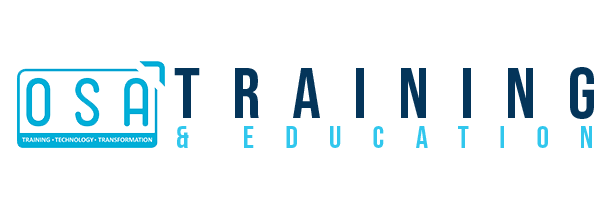
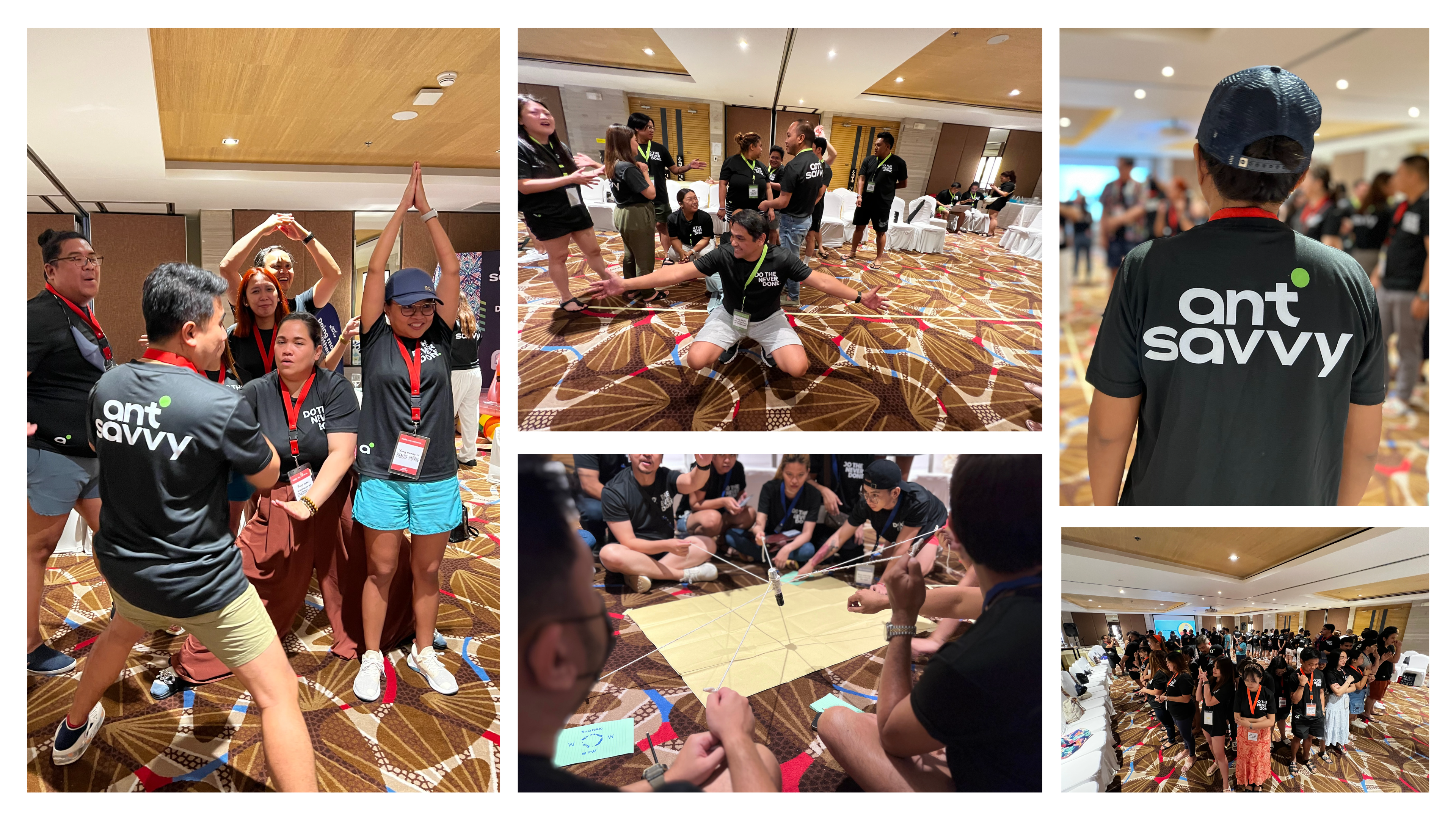
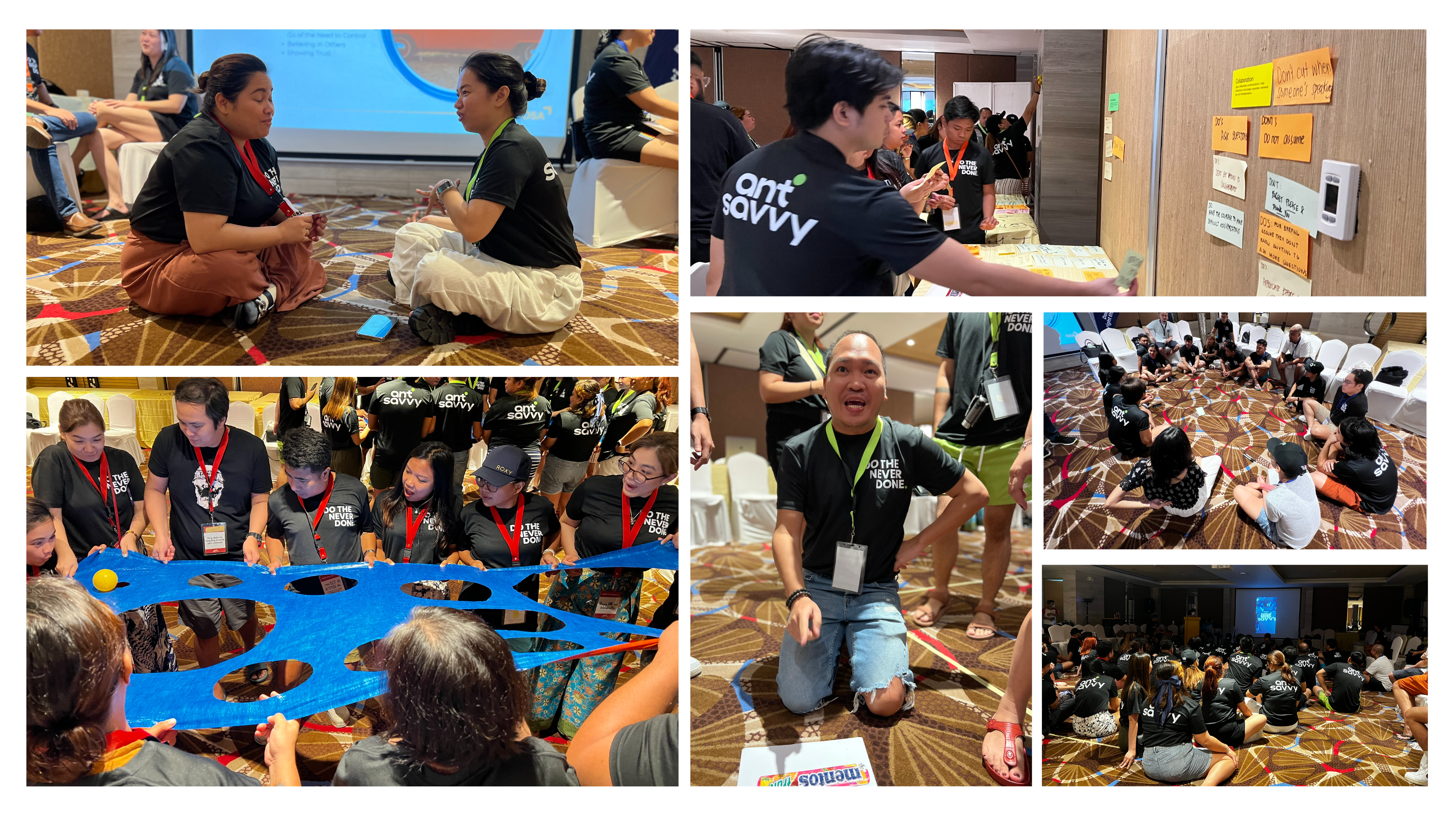
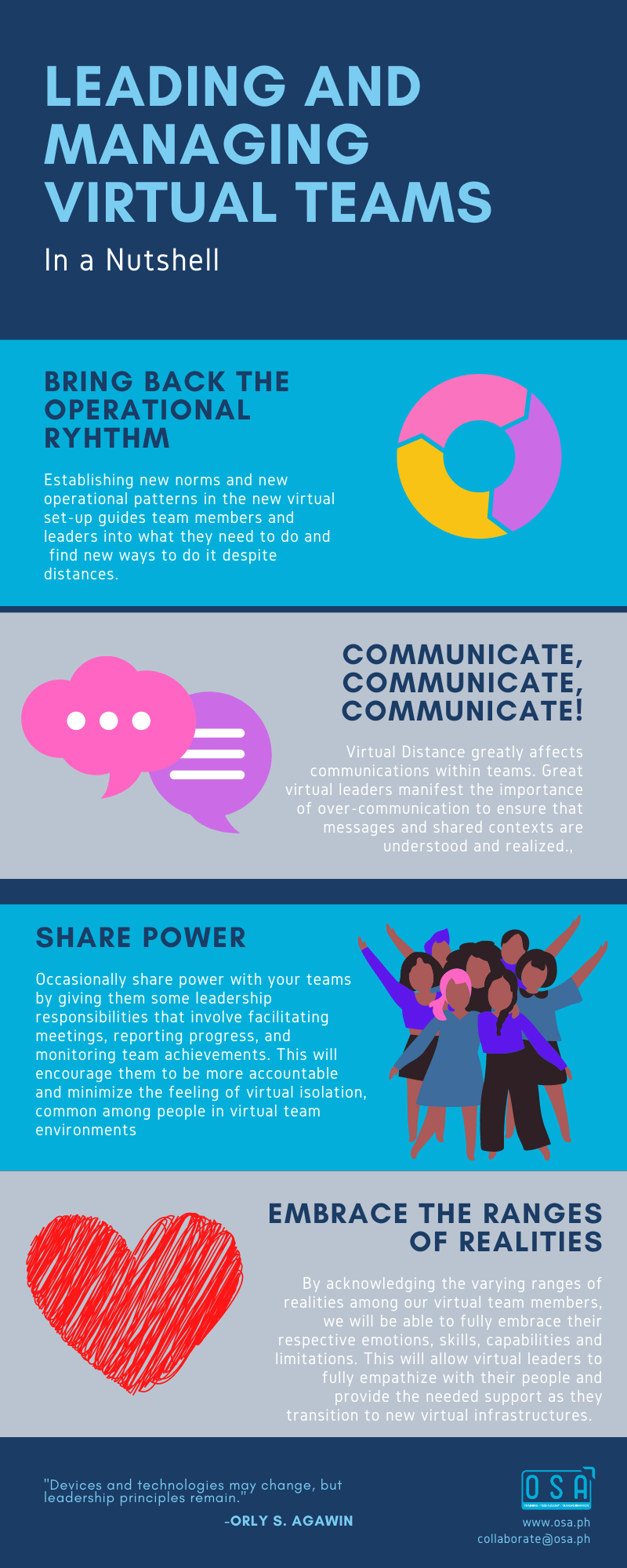
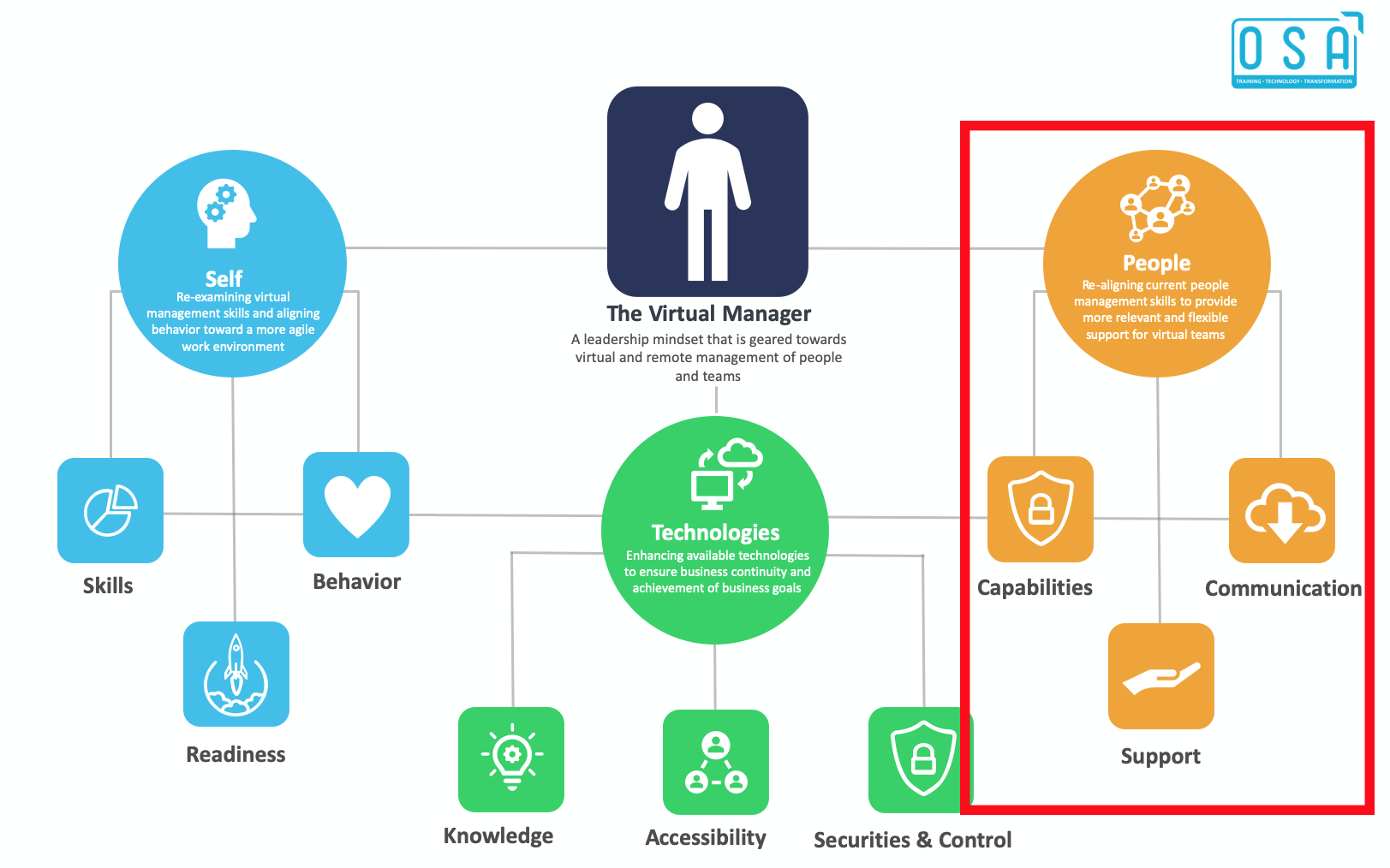
 ORLY S. AGAWIN has more than 25 years of experience in Learning and Development. A teacher by profession, Orly was part of the academe where he established various programs on skills and capabilities development. He soon transitioned to the BPO industry, spanning more than 15 years in Quality, Service Delivery, and Learning & Development. Through his BPO experience, Orly has developed leadership and management skills in handling virtual teams across multiple sites. His passion Learning and Development was soon recognized by the Philippines Society for Training and Development in 2010 when he was awarded with the BPO Excellence Award for Training Management.
ORLY S. AGAWIN has more than 25 years of experience in Learning and Development. A teacher by profession, Orly was part of the academe where he established various programs on skills and capabilities development. He soon transitioned to the BPO industry, spanning more than 15 years in Quality, Service Delivery, and Learning & Development. Through his BPO experience, Orly has developed leadership and management skills in handling virtual teams across multiple sites. His passion Learning and Development was soon recognized by the Philippines Society for Training and Development in 2010 when he was awarded with the BPO Excellence Award for Training Management. MS. GEGE CRUZ-SUGUE is a graduate of the University of the Philippines in Diliman. She has built a constantly evolving career that has covered marketing, organization development, communication, and education. Just recently, Gege received her certification as a Neuro Linguistic Programming (NLP) Practitioner. Her edge in the NLP provided her with newer techniques in effective communications and interactions through her training programs.
MS. GEGE CRUZ-SUGUE is a graduate of the University of the Philippines in Diliman. She has built a constantly evolving career that has covered marketing, organization development, communication, and education. Just recently, Gege received her certification as a Neuro Linguistic Programming (NLP) Practitioner. Her edge in the NLP provided her with newer techniques in effective communications and interactions through her training programs.